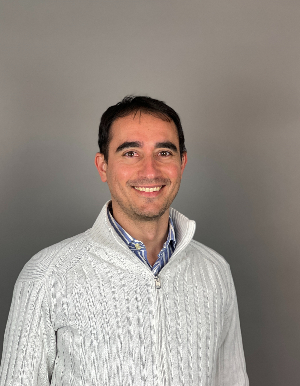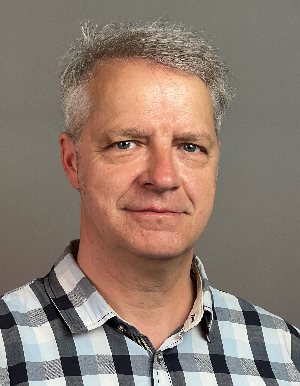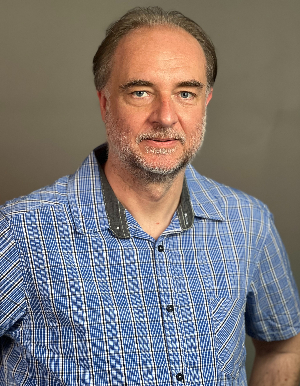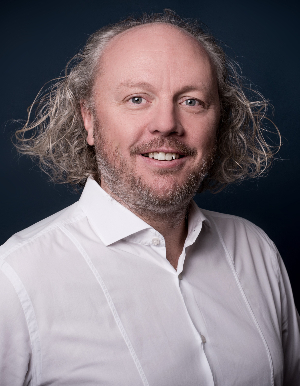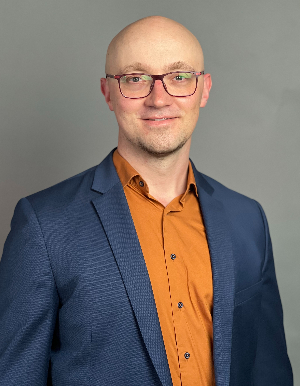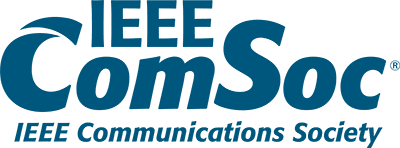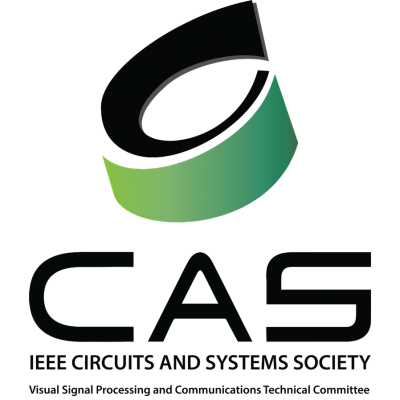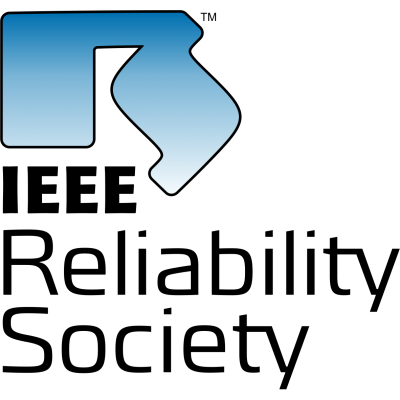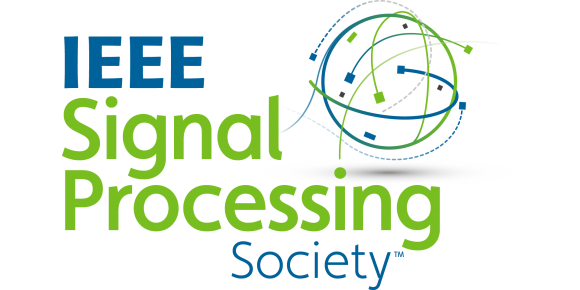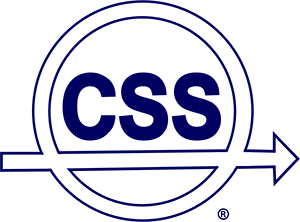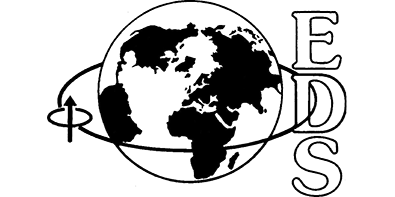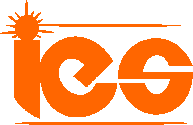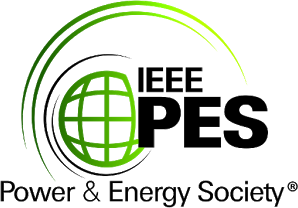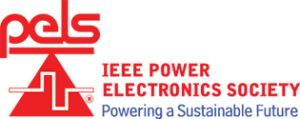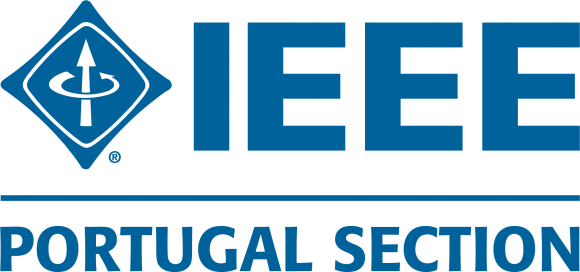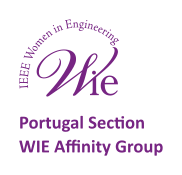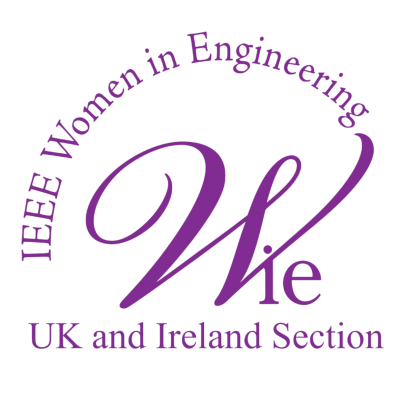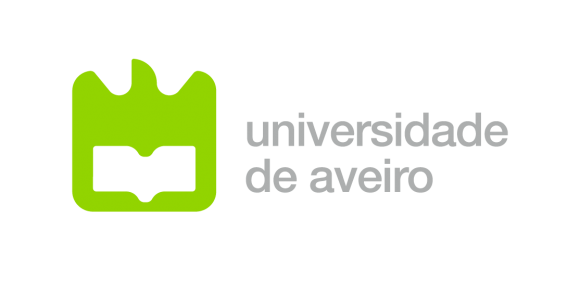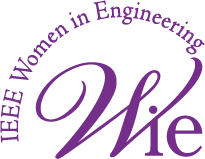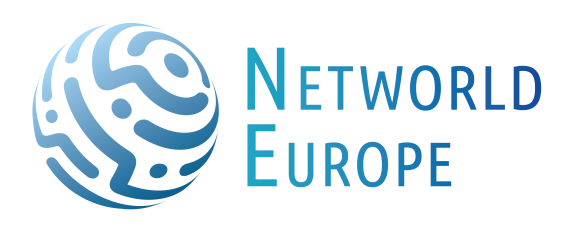Quantum Internet of Things
Track ID: Spes-11
Description
In future generation networks, IoT will play a pivotal role. Massive distributed sensing will be necessary to enable the metaverse, human telepresence, and the Tactile Internet. Sensors on human and machines, and in the environment will create interactions among real objects/environment/humans with digital ones in a mixed or virtual reality. This poses unprecedented challenges on IoT systems in terms of massive data mining and processing, which imply communication, computing, and sensing issues. In fact, the massive sensing expected hardly can satisfy those mentioned scenarios, which require very stringent KPIs in terms of end-to-end latency, energy usage, sustainability, and security. That is why new communication, computing, and sensing resources are necessary which can go beyond what classical technologies can offer. This imply the use of quantum technologies and resources like entanglement to address the design of future efficient and effective IoT systems. The Quantum IoT can represent the means to realise the metaverse and the immersion of human sensorial experience in the mixed reality by also satisfying the societal objectives of sustainability and trustworthiness. In this unprecedented context, the special issue will try gather experts from different fields like physics, engineering, and computer science in order to provide the latest advancements in the hardware and software for the realisation of the quantum IoT for future 6G networks of networks. This will also include the scenarios of three-dimensional networks, where the IoT can involve aerial platforms, high-altitude platforms and satellites.
Novelty and Technical Issues Covered
In the current 5G and future 6G networks, a data explosion is expected due to massive machine communication, involving thousands of sensors to control, manage, and automate the industry of the future. Moreover, the recent paradigm of the metaverse is putting significant challenges on the Internet of Things (IoT) and the amount of data that have to be mined, communicated, processed, and stored. Communication networks and their operators will then be forced to identify alternative approaches to enable more efficient and precise massive sensing, and data gathering, transmission and processing. The increasing energy consumption associated with data growth (under today's communication paradigms) can also only be managed with highly performance-enhancing innovations. If the growth in data volumes for the IoT sensing, communication, computing, and storage remains constant, linear further development of the Shannon and Turing approaches is only possible for a few more years. Thus, according to the Semiconductor Research Corporation (SRC) forecast, the entire world energy production would be required to process and store the corresponding amount of sensed data in 2040. The potential of quantum technologies for advanced sensing and communication operations in the context of IoT has started being investigated. Quantum technologies may provide the right means to go beyond the tradeoffs of classical sensing technologies in massive sensing scenarios like 6G ones (e.g. metaverse, Tactile Internet, robots/cobots, etc.). 6G IoT networks pose some critical challenges in terms of security, communication, computing, and energy usage. Therefore, it is essential to identify new and different technologies to ensure IoT sustainability and communication performance. Quantum technologies can provide new resources like entanglement, generating perfectly distributed and private randomness, which is a valuable resource for the above challenges in quantum sensing, computing, and communications. In addition, quantum computing and quantum sensing provide capabilities on the basis of which quantum communication networks can deliver unique added value by distributing resources locally - and thus transferring them to a cloud. Quantum security and entanglement further allow information-theoretic security and privacy to be guaranteed even in public clouds. This underlines the importance of realising quantum IoT systems for future 6G network of networks. Then, the timeliness of the special session falls into this context. The scope of the special session will be the provisioning and presentation of the latest and novel results/topics on the integration of quantum technologies in the 5G/6G IoT systems. This will involve architectural aspects, layering design, new protocols and layers’ operations, new physical layer hybrid technologies, new sensors and hardware needed, new applications, software, and APIs. Furthermore, papers can also be focused on the definition and analysis of new KPIs, combining the 5G/6G IoT and the quantum perspectives. Moreover, our proposed special session could be the glue between the other tracks/special sessions on classical IoT and quantum sensing, communications, and computing. Finally, it is important to mention that it is the first time this special session has been proposed.
Paper Submission Deadline
Important Dates:
- Deadline for Paper Submissions: July 30th, 2023
- Acceptance Notification: September 8th, 2023
- Deadline for Camera-Ready Paper Submissions: September 29th, 2023
- Deadline for Presentation Submissions: October 2nd, 2023
Papers should be six (6) pages in length and follow the instruction provided for the main Conference. The conference allows up to two additional pages for a maximum length of eight (8) pages with payment of extra page charges once the paper has been accepted.
Please submit your paper for this Special Session using the link to eWorks:
Call For Papers:
If you have any questions, please contact Dr. Riccardo Bassoli: riccardo.bassoli@tu-dresden.de
Chairs
Riccardo Bassoli: Technische Universität Dresden
Riccardo Bassoli is an Assistant Professor at the Deutsche Telekom Chair of Communication Networks and Head of the Quantum Communication Networks (QCNets) research group, at the Faculty of Electrical and Computer Engineering, at Technische Universität Dresden. He is member of the Centre for Tactile Internet with Human-in-the-loop (CeTI), Cluster of Excellence, Dresden. He is also member of the EU Quantum Internet Alliance (QIA) and of the EU flagships for 6G Hexa-X and Hexa-X II. He is principal investigator in the 6G-life research hub of Germany. He got his Ph.D. from 5G Innovation Centre at University of Surrey (UK), in 2016. He was also a Marie Curie ESR at the Instituto de Telecomunicações (Portugal) and visiting researcher at Airbus Defence and Space (France). Between 2016 and 2019, he was postdoctoral researcher at Università di Trento (Italy). He is IEEE and ComSoc member. He is also member of Glue Technologies for Space Systems Technical Panel of IEEE AESS.
Holger Boche: Technische Universität München
Holger Boche is a Professor and at the chair for theoretical information technology at Technische Universität Dresden. He is working on Quantum Communications and wireless Communications with focus on Post Shannon Communication, embedded security and resilience, and resource allocation. He is member of the DFG Clusters of Excellence MCQST (Munich Center of Quantum Science and Technology) and CASA (cyber physical Security). He is member of the German Academy of Sciences. He received the Alcatel-Lucent Innovation Award, the Vodafone Innovation Award, several IEEE TSP best paper awards and the Gottfried Wilhelm Leibniz Prize from the Deutsche Forschungsgemeinschaft (German Research Foundation). He is a Fellow of IEEE.
Christian Deppe: Technische Universität München
Christian Deppe received the Dipl.-Math. degree in mathematics from the Universität Bielefeld, Bielefeld, Germany, in 1996, and the Dr.-Math. degree in mathematics from the Universität Bielefeld, Bielefeld, Germany, in 1998. He was a Research and Teaching Assistant with the Fakultät für Mathematik, Universität Bielefeld, from 1998 to 2010. From 2011 to 2013 he was project leader of the project “Sicherheit und Robustheit des Quanten-Repeaters´´ of the Federal Ministry of Education and Research at Fakultät für Mathematik, Universität Bielefeld. In 2014 he was supported by a DFG project at the Institute of Theoretical Information Technology, Technische Universität München. In 2015 he had a temporary professorship at the Fakultät für Mathematik und Informatik, Friedrich-Schiller Universität Jena. Since 2018 he is at the Department of Communications Engineering at the Technical University of Munich. He is project leader of several projects funded by the BMBF, the DFG and the state of Bavaria.
Frank H.P. Fitzek: Technische Universität Dresden
Frank H. P. Fitzek is a Professor and head of the “Deutsche Telekom Chair of Communication Networks” at TU Dresden coordinating the 5G Lab Germany. He is the spokesman of the DFG Cluster of Excellence CeTI. He received his diploma (Dipl.-Ing.) degree in electrical engineering from the University of Technology – Rheinisch-Westfälische Technische Hochschule (RWTH) – Aachen, Germany, in 1997 and his Ph.D. (Dr.-Ing.) in Electrical Engineering from the Technical University Berlin, Germany in 2002 and became Adjunct Professor at the University of Ferrara, Italy in the same year. In 2003 he joined Aalborg University as Associate Professor and later became Professor. He co-founded several start-up companies starting with acticom GmbH in Berlin in 1999. He has visited various research institutes including Massachusetts Institute of Technology (MIT), VTT, and Arizona State University. In 2005 he won the YRP award for the work on MIMO MDC and received the Young Elite Researcher Award of Denmark. He was selected to receive the NOKIA Champion Award several times in a row from 2007 to 2011. In 2008 he was awarded the Nokia Achievement Award for his work on cooperative networks. In 2011 he received the SAPERE AUDE research grant from the Danish government and in 2012 he received the Vodafone Innovation prize. In 2015 he was awarded the honorary degree “Doctor Honoris Causa” from Budapest University of Technology and Economics (BUTE).
Janis Nötzel: Technische Universität München
received the Dipl. Phys. degree after studying physics at the Technische Universität Berlin, Germany, in 2007 and the PhD degree from Technische Universität München, Germany, in 2012. From 2008 to 2010 he was a Research Assistant at the Technische Universität Berlin, Germany, and from 2011 until 2015 at Technische Universität München. In 2015 and 2016 he was a DFG Research Fellow at Universitat Autonoma de Barcelona, Spain. From September 2016 to November 2018 he led a research transfer project at the 5G Lab of the Technische Universität Dresden, Germany, resulting in the spin-off ZentiConnect. In December 2018 he became an Emmy-Noether Research Group Leader at the Technische Universität München, Germany. From 2020 on he has been a creator and co-organizer of the workshop series ``Entanglement-Assisted Communication Networks’' (EACN). Among the highlights are an IEEE CITS best paper award for the concept “Entanglement-Enabled communication”, and the development of the quantum network simulator QuNetSim.



